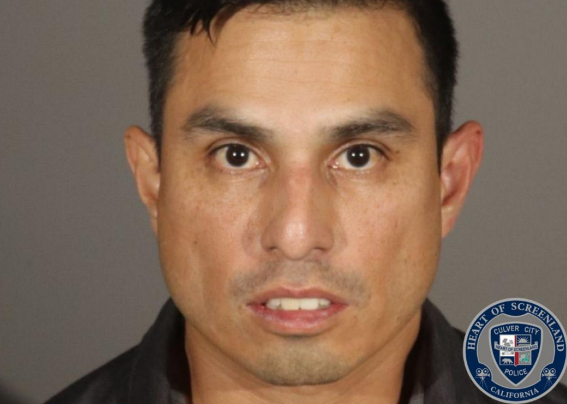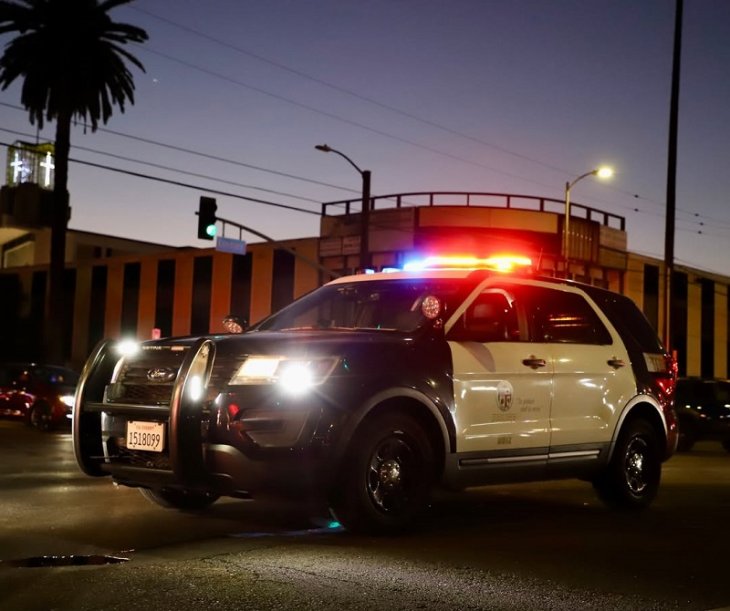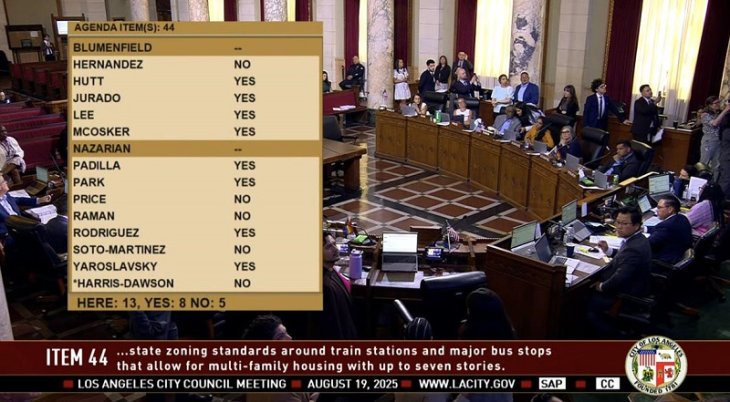
A student serving as a commissioner on UCLA’s Undergraduate Students Association Council (USAC) was arrested April 2 on charges of false imprisonment, it was reported by the university.
According to the Daily Bruin, UCLA’s student newspaper, the student was arrested after a female student reported to law enforcement officials she was the victim of several sexual batteries between October 2013 and last month. The arrest was reportedly made as a result of a police report about the alleged sexual batteries.
Joan Joanino, president of USAC, posted a press release on Facebook identifying the accused as 21-year-old Omar Arce, a community service commissioner.
“The Undergraduate Student Association Office of the President will work with the leadership and staff of the Community Service Commission … as needed to ensure that the office continues to run smoothly and that this incident does not affect or jeopardize the … work of the CSC’s staff members,” Joanino wrote in the statement.
Officers of the University of California Police Dept. (UCPD) reportedly arrested Arce on suspicion of false imprisonment. After the arrest, he was transported and booked at the West Hollywood Sheriff’s Dept., Joanino added.
UCPD is still investigating the matter.
Arce’s profile on the Community Service Commission staff website described him as “a visionary,” “a man far beyond his time,” and a “fearless leader.” The Daily Bruin added Arce was in his fourth year at UCLA and was majoring in international development studies.
The Daily Bruin added Arce, who is reportedly being held on $50,000 bail at Men’s Central Jail in Downtown Los Angeles, is due to make a court appearance April 4 at 4 p.m. at the Airport Courthouse of the Los Angeles Superior Court.
If anyone has information relating to the reported incidents or the accused, please contact UCPD at (310) 825-1491.
According to Nolo, which publishes several law-themed books, one accused of false imprisonment can face either civil or criminal liability. Nolo adds false imprisonment occurs if it can be proven that the accused “intentionally [restricts] another person’s freedom of movement” or when one unlawfully restrains another against his or her will and with legal justification.
This story will be updated after Arce’s April 4 court appearance.





















